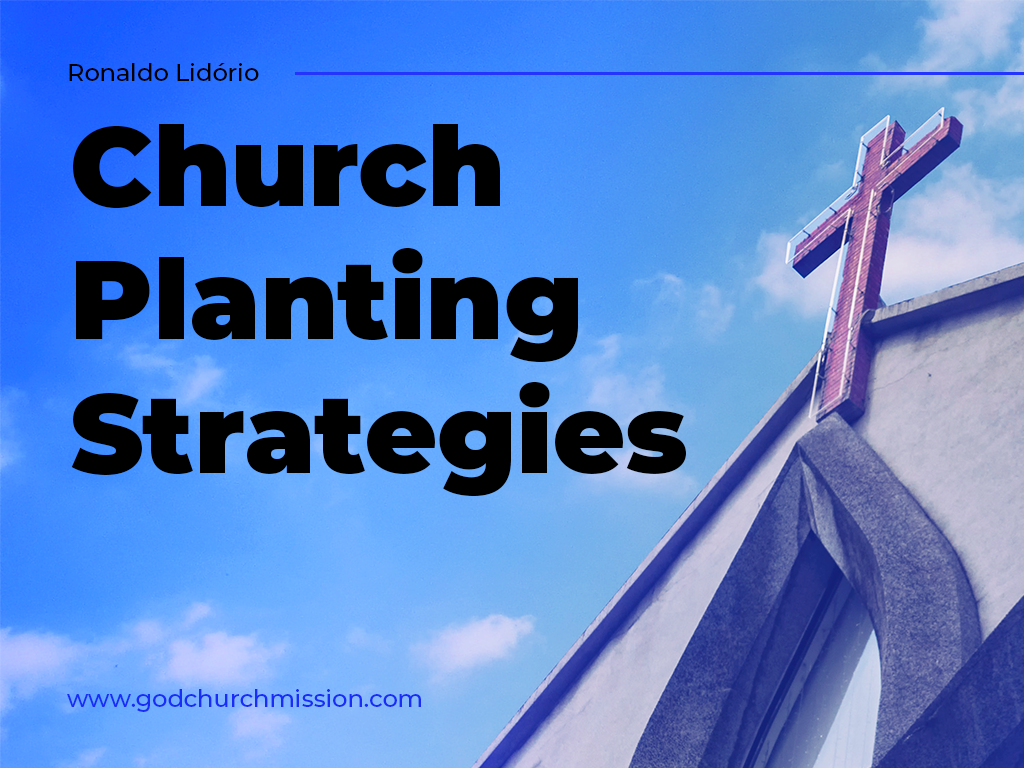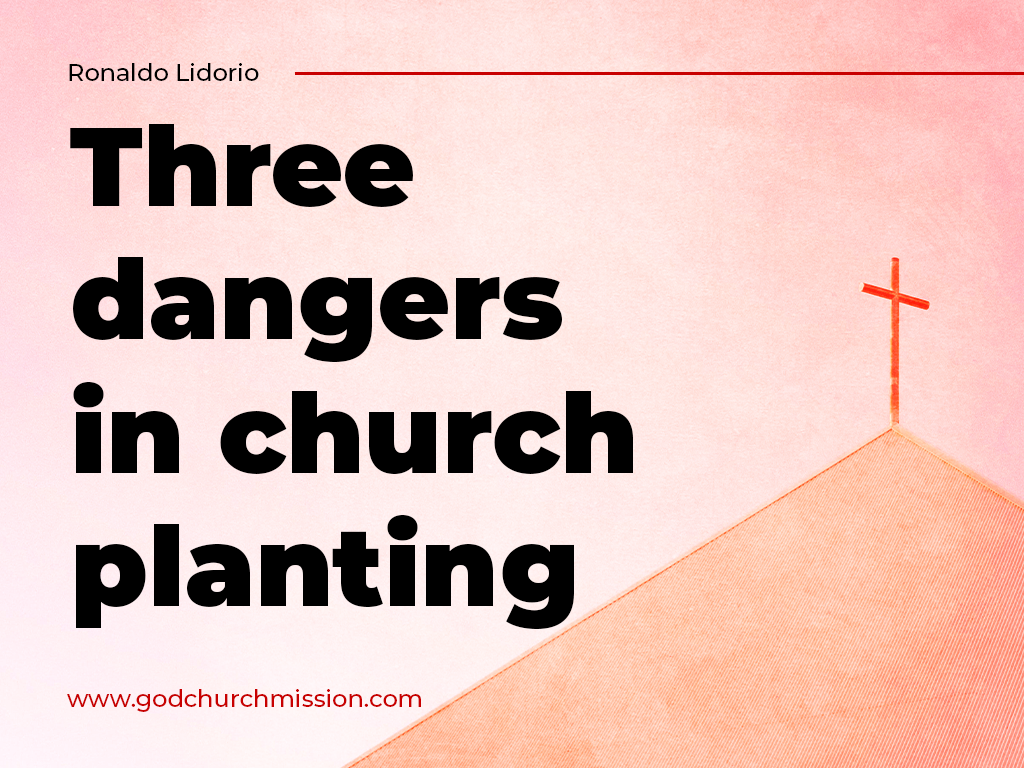- Details
- Written by Ronaldo Lidorio
In Paul's ministry in the book of Acts, from chapters 13 to 28, twelve church planting strategies can be seen. The aim was to preach the gospel where Christ had not been announced and to plant churches. Let us look at Paul’s strategies.
- Introduce oneself into a local group through a person or group who were welcoming to him, willing to hear him (Ac 16:13-15, 17:1-4).
- Details
- Written by Ronaldo Lidorio
The spread of the Coronavirus and its impact on our daily lives has generated anxiety, panic and suffering in many different forms. As the virus continues to spread globally, government authorities and society in general are taking measures to decrease the potential devastating effects of the virus. The Christian must embrace the measures being taken with zeal and responsibility.
- Details
- Written by Ronaldo Lidorio
Church planting is one of the most interesting and, at the same time, dangerous subjects of Christian practice. I highlight three dangers that I see as the most serious.
The first danger is pragmatic. Because it is often associated with field methodology and process - from a practical point of view. There is a tendency for those involved to focus more on the results than on the theological foundations of church planting. Consequently, what is biblically and theologically evident becomes less important than what is functional and measurable. I am convinced that all missiological understanding and missionary action must be rooted in a secure biblical-theological foundation to fulfil the mission, since mission is based on faithfulness to God and not on human success.
- Details
- Written by Ronaldo Lidorio
Misunderstandings about the Gospel and its relation to human culture promote all kinds of extremes.
On one hand those who believe the Gospel is disconnected from culture, tend to present it without much concern of contextualization. They transmit academic messages to simple people, build temples of cement for clay cultures, export piano songs to drum players and encourage shinny shoes in the place of bare feet.
- Details
- Written by Ronaldo Lidorio
You are invited to participate in the Planters’ channel, dedicated to share materials and resources on church planting and church vitality in an intercultural context.
To participate in the channel, you need to have the Telegram application installed on your computer or cell phone.
May the Lord Jesus be loved and worshiped among all nations.
CHANNEL - https://t.me/joinchat/WI9hoDM4kk3TyzZs
- Details
- Written by Ronaldo Lidorio
It is remarkable that Paul asked the church of Ephesus to pray for him to have boldness when preaching the gospel. The image I have of Paul is as one of the boldest and most fearless preachers in the whole New Testament, proclaiming Jesus even under persecution, during storms or in prison. And yet, when he has a chance to present a prayer point, he asks that “… may be given to me in the opening of my mouth, to make known with boldness the mystery of the gospel” (Eph 6.19). It seems that even the most dedicated worker needs God’s power and His supernatural strength to proclaim Christ with boldness. It also shows that Paul was very intentional about proclaiming the gospel, to the point that it became one of his leading motives for prayer on several occasions.
- Details
- Written by Ronaldo Lidorio
ECCLESIOLOGICAL CONSIDERATIONS IN THE CHURCH PLANTING PROCESS
Ronaldo Lidorio
INTRODUCTION
My goal writing these words is to collaborate with church planters who have to deal with issues that need missiological reflection regarding the local church, having in mind God’s desire of seeing his people growing maturely in Jesus Christ.
- Details
- Written by Ronaldo Lidorio
In an informal conversation with university students in São Paulo few years ago, I heard the question, “Can an anthropologist be a Christian?” As I was preparing to answer, a complementary question arose, “Could a Christian be an anthropologist?" The questions were rooted in a collective perception of incompatibility between anthropology and the Christian faith, or even between science and faith. I started the answer by stating that not every anthropologist is a Christian, but every Christian should have anthropological interest by nature.
- Details
- Written by Ronaldo Lidorio
I dedicate these lines to those who have been overwhelmed by anxiety, who have lost hope, and who perhaps can no longer be joyful, pray, or worship. The message of this booklet, divided into ten very brief devotional texts, was not only designed to bring comfort, consolation, and encouragement but also, above all, to remind your heart of who God is. It is on this path – of knowledge, conviction, and commitment to God – that our hearts will be brought into line for a life of joy in the midst of the crisis, faith in an environment of uncertainty, rest in days of anguish, and purpose in the place of disenchantment.
© 2025 God, Church & Mission















